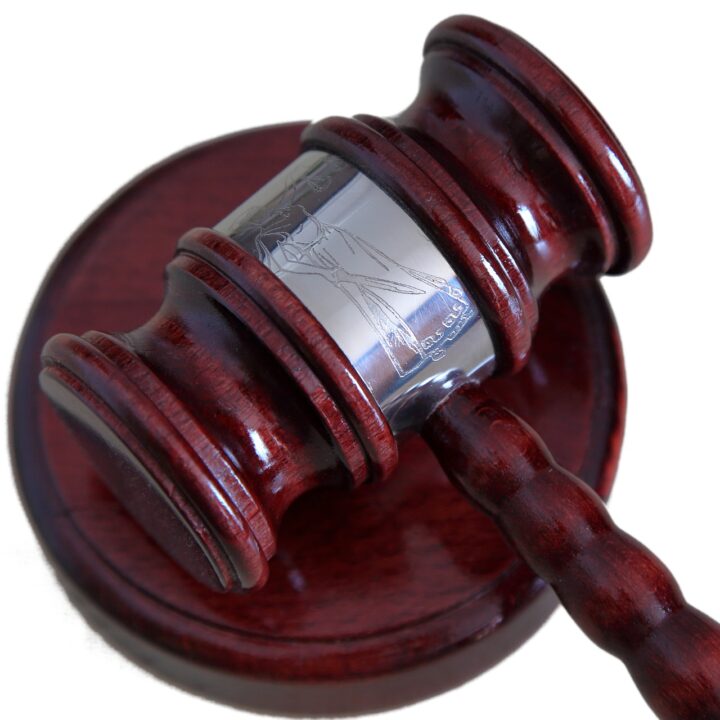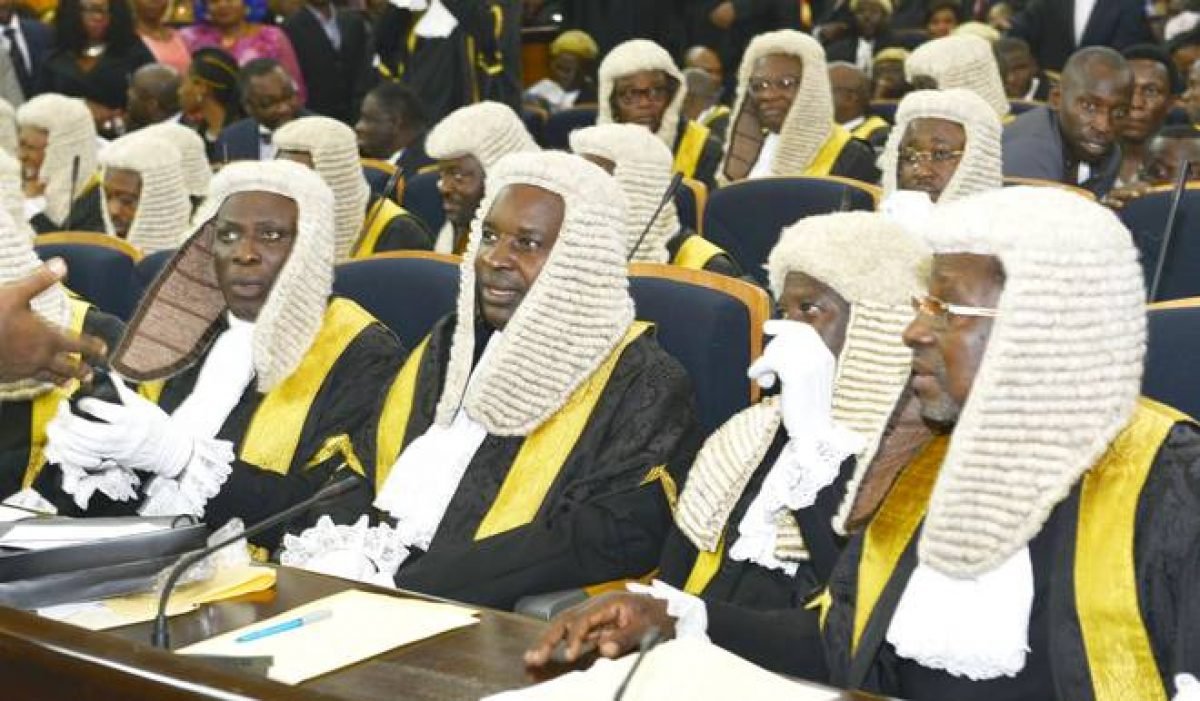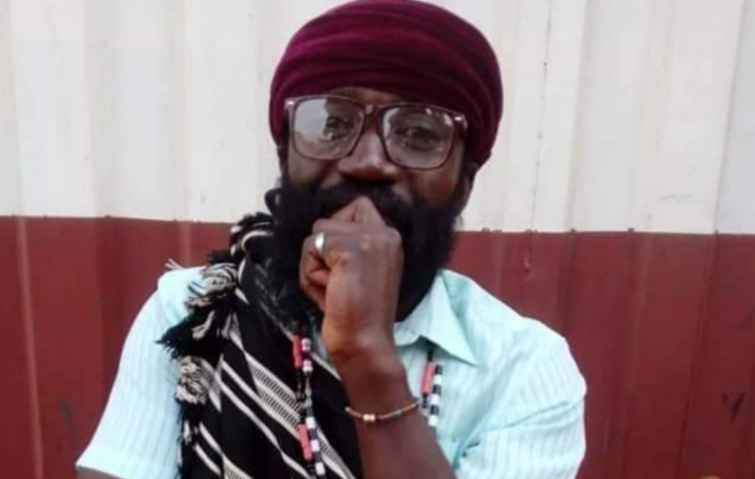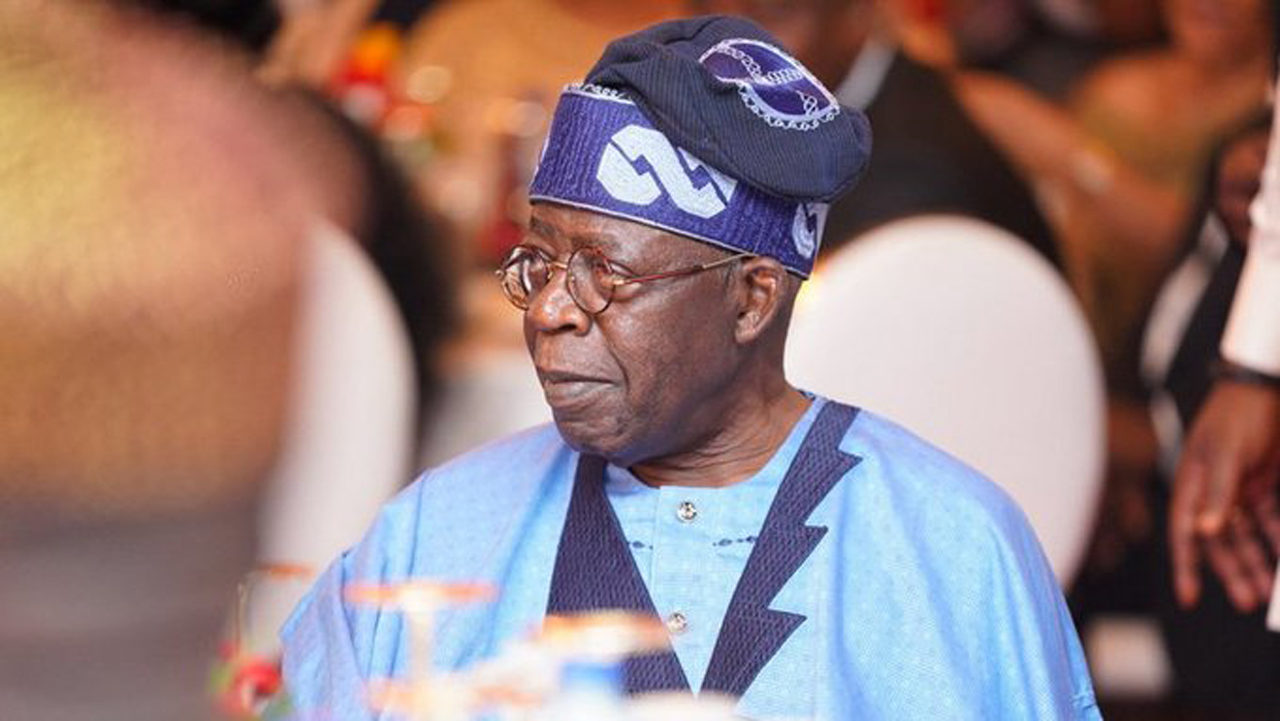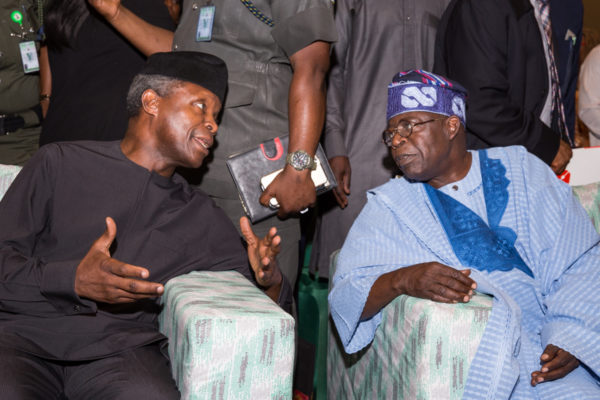Recently, I had a chat with an elderly friend, a mentor who is also a traditional ruler; well-read and widely-traveled, with a distinguished career in the civil service and the theme of our engagement was on insecurity and the need to co-opt the traditional rulers into playing a constitutionally-defined set of roles in administration at the local government level. I am in support of that school of thought because, I have come to realise that, most security challenges bedeviling the nation today are local and peculiar to each of the localities where it exists. That being the case, I opined that why can’t we seek local solution to local problem, instead of waiting on Abuja to send a detachment of troops to come and fish out local bandits, most of whom are known to the locals who are loyal to the traditional rulers? He swiftly responded in excitement, saying he never knew that I would see it that way. He however went ahead to say that, the kind of legitimacy derived from culture and tradition that is bestowed upon the traditional rulers, the type of grip expected to put them (the royal fathers) in proper charge, has been eroded by the power of “life-and-death”, politicians (the state governors) have over them.
He cited a situation whereby a candidate chosen by the kingmakers who is most likely going to be acceptable to the people might not get there, if a sitting governor or any influential politician does not find him likeable. This would lead to a situation where an unfavoured, and by implication, unpopular candidate, who may never enjoy the loyalty of his people gets installed.
As we approach the season of electioneering, any traditional ruler who exhibit any tendency of independent-mindedness, stands the risk of being humiliated, by way of dethronement, or outright stoppage of salary. The politicians accuse them of being partisan, if the endorsement by the royal fathers favour the opposition, but “nothing spoils” (as the lingo goes) if the endorsement is in their favour. That is a violation of their right to freedom of expression, as enshrined and guaranteed in the constitution and many international charters to which Nigeria is a signatory.
Many traditional rulers now suffer the humiliation of being forced to attend political rallies, as a seal of endorsement for politicians who, on account of their poor performances in office do not deserve mandate renewal. It was a moment that called for a sober reflection on how disdainful governors treat traditional rulers in Nigeria, when, sometimes ago, I watched Nyesom Wike, governor of Rivers state, talking down on a traditional rulers during one of those moments he summoned them like a headmaster does, primary school pupils, my heart bled.
Advertisement
One of the most unpleasant relics of colonial legacy is the issue of elected tenured political office holders, state governors to be precise, exercise unmerited power to depose traditional rulers in the country. This post-colonial rascality, has its root in series of military expeditions carried out by colonial imperialist forces, in the name pacification, some of which are; invasion of the Ashanti Kingdom in 1823; Benin Kingdom in 1897; Sultan, Mohammad Attahiru the 1st, 1903, and many others. The British colonial power had rendered effeminate the the military prowess of the traditional rulers, thereby leaving them emasculated politically. This gave the invaders, a free rein without any form of significant resistance, as they established their foothold on the continent of Africa, in continuation of their economic exploitation of our human and mineral resources. This was the story all over Africa then.
Upon attainment of independence by many African countries, around the middle of the 20th century, it stands to reason, for one to expect Africans who took over the mantle of political leadership to discard those aspects of the colonial laws that dehumanised Africans and her traditional institution, but the lackeys of the colonial masters to whom power was handed over saw no reason discarding those obnoxious laws that is not in operation, anywhere in Europe or America. For instance, where would the British prime minister, Boris Johnson, say he derives from, the power to depose Queen Elizabeth or any of her dukes or duchesses? It is inconceivable. But in the wisdom (or lack of it) of those who took over the barton of political leadership, after the almost ignominious exit of the colonial invaders, they retain those repressive racist laws and carried on the desecration of our revered traditional institution. That is why, an integrity-challenged Umaru Gabduje in Kano could wake up one day (on March 9, 2020, to be precise) and announce the dethronement of the Emir of Kano, Sanusi Lamido Sanusi, for speaking truth to power; and even took the madness a step further, by banishing him to a remote town of Awe in Nasarawa state, hundreds of miles away from the ancient city of Kano, which is a grave violation of his fundamental human right to freedom of movement. Or an Ádámù Aliero in Kebbi state, deposing and banishing the then Emir of Gwandu, Mustapha Jokolo; an action described by Justice Tunde Awotoye of the court of appeal, as contravening sections 6 and 7 of the chief appointment and deposition law of the state, because the governor neither made an inquiry into the allegation against the Emir nor consulted the Kebbi state’s council of chiefs before arriving at his decision to depose him. In 1996, Dasuki was summoned to the office of the military administrator of Sokoto state Yakubu Muazu, who told the Sultan that he has been deposed as the Sultan. He was later flown to Yola and then driven to Jalingo where he was placed in exile. Sir Ahmadu Bello, the then premier of the northern Nigeria deposed, in 1963, the then Emir of Kano, Muhammad Sanusi ll, the father of the recently deposed Sanusi Lamido, and banished him to Bauchi. On January 4, 1999, the military administrator of Edo state, Navy captain Anthony Onyearugbulem suspended the then Oba of Benin as chairman of Edo state council of traditional rulers for alleged partisanship – endorsing an APP governorship candidate. Onyearugbulem would later apologised before he was eventually left office as the administrator of the state. The Imo state-born naval officer died shortly afterwards. In the old Western Region in 1954, the regional government purportedly deposed the then Alafin of Oyo and father of the current Alafin, Oba Adeyemi III. Even though he was cleared by a commission of inquiry, executive recklessness ensured his dethronement stood. Recently, in continuation of the desecration of the altar that the traditional institution represents, the immediate past governor of Oyo state, late Abiola Ajimobi, ill-advisedly decided to tinker with the Ibadan traditional chieftaincy system, when he crowned some high chiefs who in the succession line of the Olubadanship. Some of the high chiefs, prominent among whom is a former governor of Oyo state, Rasheed Ladoja, alongside the now-deceased Olubadan, Oba Salihu Adetunji resisted. Some of the chiefs among who is Lekan Balogun accepted the poisoned chalice, in what looked like a rebellion against Oba Salihu Adetunji. And, on the 2nd of this month, Oba Adetunji joined his ancestors, and the stool became vacant. Then arose the question; is Lekan Balogun still eligible to wear the crown of the Olubadan, having accepted the offer of being crowned as the king of an enclave within the Ibadan kingdom? The whole decision now rests with the incumbent governor, Seyi Makinde, another tenured political office holder, having to determine the fate of a king whose tenure is determined by the ancestors (permit me, as an African to sound a bit superstitious here).
So, how traditional are the traditional institutions in Nigeria, considering the fact that, the fates of the custodians are always in accordance with the whims and caprices of politicians?
Advertisement
The fact that these political rascals have tenured appointments makes it more nauseating. Imagine a military administration who held his post for as long as he remained in the good book of his appointer, or someone who was rigged into office, through “Electoral Mago-mago“, would just wake up and depose the representatives of the gods (in the African beliefs system), without the slightest of compunctions. It is high time the national assembly looked into changing that very obnoxious portion of our law book.
As we all look up to the judiciary to come to the rescue of our traditional institution from the vise-like grip of politicians, especially the state governors; a glimmer of hope has emerged recently when, on Tuesday, November 30, 2021, Anwuli Chikere, a justice of the federal high court in Abuja, delivered judgement on a case before her bordering on Sanusi’s dethronement and subsequent banishment from Kano state by Abdullahi Ganduje.
Chikere ruled that the action of the Kano state government was null and void. She described it, as not only unlawful but also being in contravention of the provision for human rights to which Sanusi is entitled, as enshrined in Section 34 of Nigeria’s constitution. Remember also the case of Mustapha Haruna Jokolo versus Kebbi state government is also progressing in such a way that, everybody is now being hopeful of a situation that will see to a significant reduction in the absolute power of life-and-death, the state governors wield against our traditional rulers, as we await the supreme court judgment on the case.
Abubakar writes from Ilorin. You can reach him via 08051388285 or [email protected]
Advertisement
Views expressed by contributors are strictly personal and not of TheCable.
Add a comment

